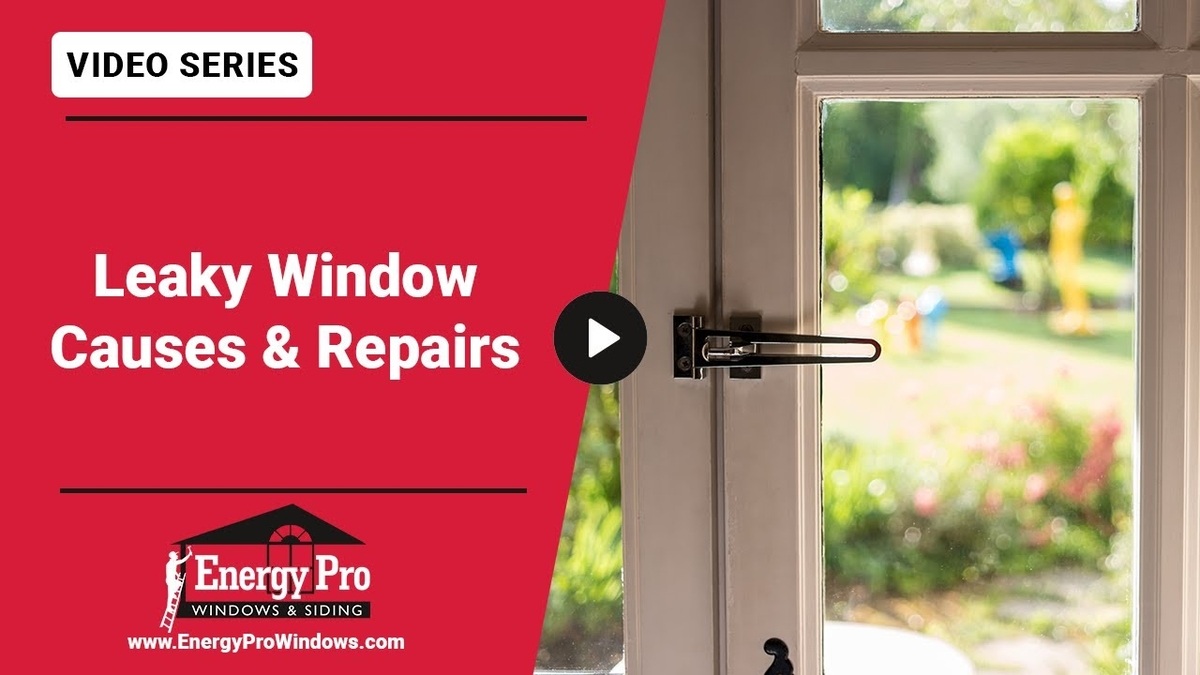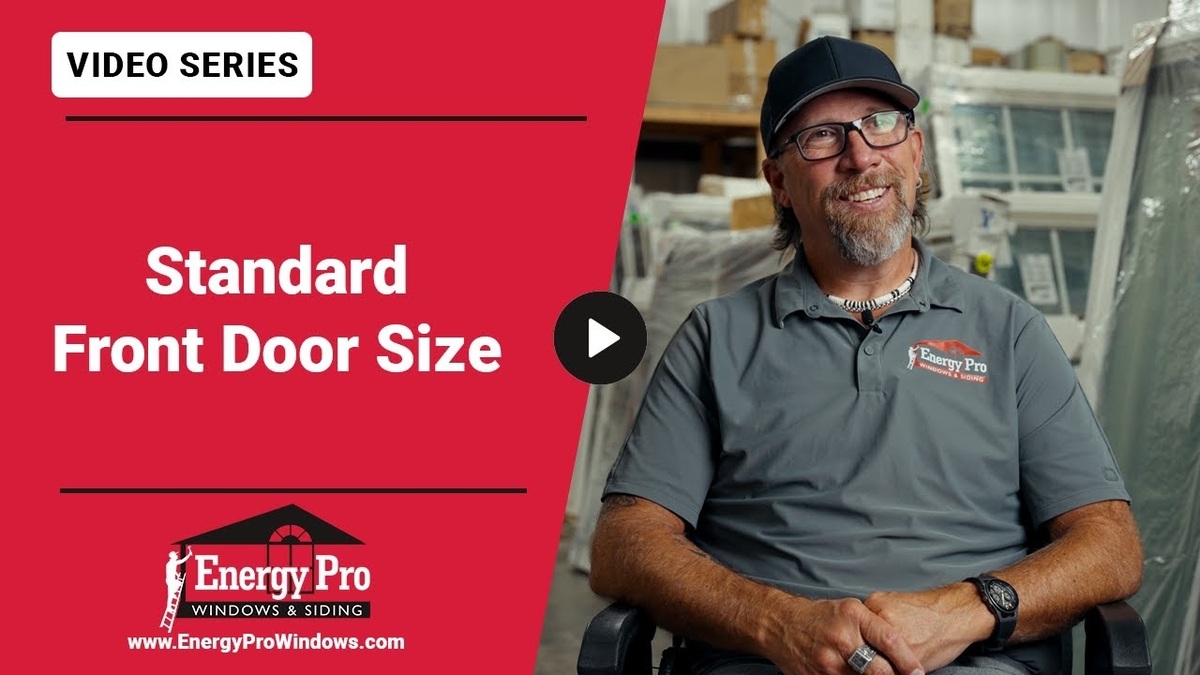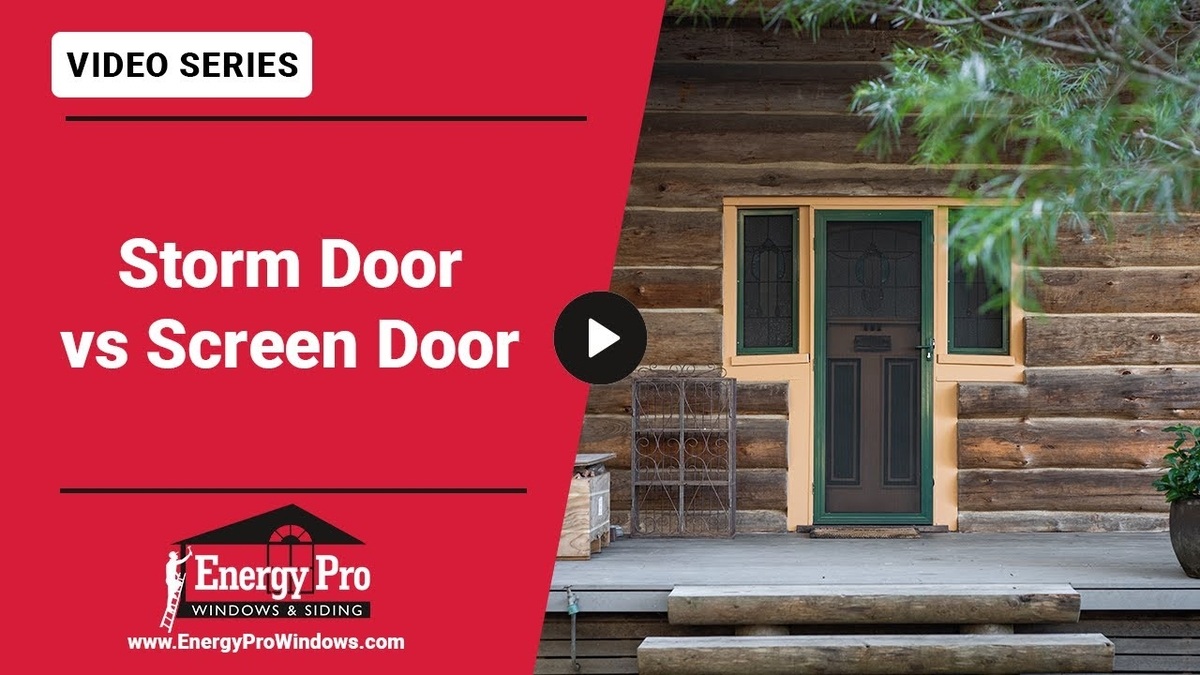Windows are an essential part of any home, influencing its appearance, comfort, and efficiency. Selecting the right material can make a significant difference in durability, maintenance, and efficiency. With a variety of window materials available, it’s important to understand how each material performs. In this guide, we’ll explore the features of vinyl, fiberglass, wood, and aluminum-clad wood, providing clear insights to help you make the best decision for your home.
Key Considerations Before Choosing Window Materials
Before choosing a window material, focus on two essential factors that can guide your decision.
Climate and Exposure
Where you live plays a huge role in which window materials will perform best. The climate zone affects the longevity and functionality of each material. For example, areas with dramatic temperature shifts or high humidity may impact materials differently, influencing how long they stay structurally sound and how well they insulate. Considering exposure to sunlight, rain, or snow will also help you narrow down the best options.
Defining Your Goals and Budget
It’s essential to be clear on what you want your windows to achieve. Are you focused on energy efficiency, curb appeal, or boosting your home’s resale value? Perhaps you’re replacing windows because you plan to sell the home soon, or maybe you’re looking for a long-term investment that minimizes utility costs. Define your primary goal and budget—these will guide your choice among the different window materials.
The Main Window Materials: Pros and Cons
Now that we have the big picture, let’s examine the pros and cons of each window material. The top materials in the market today include vinyl (PVC), fiberglass, wood, and aluminum-clad wood. Here’s how each stacks up:
1. Vinyl (PVC) Windows
Vinyl windows have gained popularity as an affordable and energy-efficient choice for homeowners.
Pros of Vinyl Windows:
- Cost-Effective: Vinyl windows offer great value for the price, making them one of the most budget-friendly options.
- Energy Efficiency: Modern vinyl windows are highly efficient, often providing better insulation than other materials.
- Low Maintenance: Vinyl is resistant to rot, rust, and corrosion, requiring minimal upkeep over time.
- Durability: Advances in PVC technology mean vinyl windows today are strong and resilient.
Cons of Vinyl Windows:
- Limited Design Options: Vinyl windows are usually available in fewer color and style options.
- Perception of Quality: Vinyl windows once had a reputation for being lower in quality, though modern improvements have largely addressed these issues.
2. Fiberglass Windows
Fiberglass windows are known for their strength and energy efficiency, offering a reliable alternative to wood and vinyl.
Pros of Fiberglass Windows:
- High Strength: Fiberglass is an extremely strong material, holding up well under pressure and temperature fluctuations.
- Energy Efficiency: The structure of fiberglass allows for great insulation, making it highly energy-efficient.
- Low Thermal Expansion: Fiberglass windows expand and contract minimally, reducing stress on the window frame and making them ideal for regions with extreme temperature shifts.
Cons of Fiberglass Windows:
- Higher Cost: Fiberglass is generally more expensive than vinyl, which may not fit every budget.
- Limited Availability: Fewer manufacturers produce fiberglass windows, so there are limited choices in some areas.
- Maintenance: Although not as high-maintenance as wood, fiberglass windows do require occasional maintenance to prevent wear.
3. Wood Windows
Wood windows offer a traditional and natural aesthetic, ideal for those seeking a classic look.
Pros of Wood Windows:
- Aesthetic Appeal: Wood windows provide a natural, timeless beauty that many homeowners prefer.
- Insulation: Wood is an excellent insulator, which can help lower energy costs.
- Customizable: Wood can be painted or stained to match various interior and exterior design styles.
Cons of Wood Windows:
- High Maintenance: Wood requires frequent maintenance, including painting, staining, and sealing to protect it from the elements.
- Susceptible to Moisture Damage: In humid or wet climates, wood is prone to rot and deterioration without regular upkeep.
- Higher Initial Cost: Wood windows are often more expensive upfront, adding to the investment.
4. Aluminum-Clad Wood Windows
Aluminum-clad wood windows combine a wood interior with an aluminum exterior, aiming to balance the beauty of wood with the durability of metal.
Pros of Aluminum-Clad Wood Windows:
- Durability: The aluminum exterior protects the wood from weather, extending its lifespan.
- Low Maintenance: Unlike pure wood windows, the aluminum cladding requires less upkeep.
- Energy Efficiency: These windows are relatively efficient, though not as insulating as vinyl or fiberglass.
Cons of Aluminum-Clad Wood Windows:
- Thermal Conductivity: Aluminum is a conductor of heat and cold, meaning these windows are less effective insulators than vinyl or fiberglass.
- Separation Issues: Over time, the aluminum cladding can separate from the wood due to expansion and contraction caused by weather, leading to potential issues.
Choosing the Right Material for Your Needs
When weighing the pros and cons of these different window materials, it’s essential to prioritize what’s most important for your situation. Here’s a simple guide to help make your decision easier:
- Budget-Conscious? Vinyl windows are generally the most affordable.
- Energy Efficiency a Priority? Fiberglass and vinyl are top choices for insulation and lower utility bills.
- Seeking Longevity and Low Maintenance? Fiberglass and aluminum-clad wood require less maintenance than pure wood.
- Want Traditional Aesthetics? Wood or aluminum-clad wood provide a classic look with added protection for durability.
In Summary
Selecting the right window material depends on a balance of personal priorities, budget, and environment. Vinyl, fiberglass, wood, and aluminum-clad wood each have unique advantages and disadvantages. By defining what you want—whether that’s maximizing energy efficiency, enhancing the look of your home, or fitting a budget—you can make a well-informed choice.
If you need guidance on which window material best suits your home and climate, contact us to speak with a professional who can help bring your vision to life.



